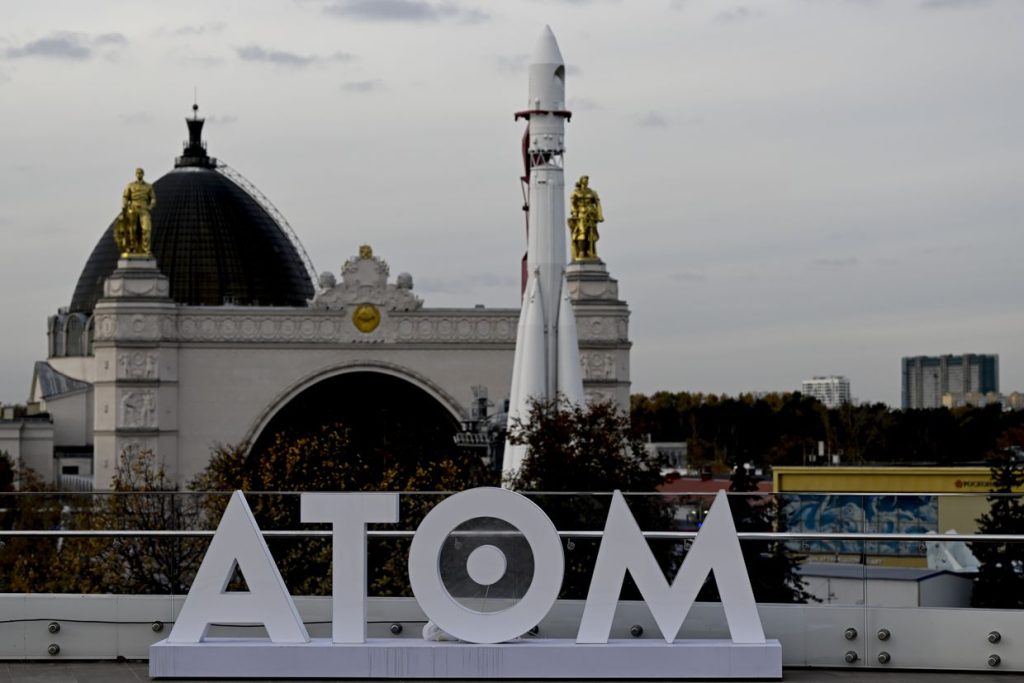The Basmanny court in Moscow arrested Gennadiy Sakharov, the construction project director of Russian state nuclear energy company Rosatom, on March 28 for allegedly receiving a bribe in a large amount. Sakharov had been with Rosatom since 2010 and was detained by the Federal Security Service (FSB) in Moscow after soliciting a bribe from the head of one of Rosatom’s contractors. Elgudzhi Kokosadze, who is suspected of giving the bribe, was also arrested. Both individuals face the possibility of 15 years in prison for the accusations. The case highlights the issue of corruption within state-controlled companies in Russia.
In response to recent Ukrainian attacks on Russian oil refineries, Russia is increasing its imports of gasoline from Belarus to prevent potential shortages. This move, reported by Reuters on March 27, comes as a measure to mitigate the impact of the attacks on domestic gasoline supplies. The reliance on Belarusian gasoline indicates the extent to which the conflict between Russia and Ukraine is affecting the energy sector in the region. It also raises questions about Russia’s energy security and the vulnerabilities within its oil and gas infrastructure.
The arrest of Sakharov and Kokosadze sheds light on the prevalence of corruption in the Russian nuclear sector, particularly within companies like Rosatom and its contractors. The involvement of high-ranking officials in bribery schemes not only undermines the integrity of these organizations but also raises concerns about the safety and security of nuclear projects in the country. The case serves as a reminder of the challenges faced by those working in industries dominated by state-controlled entities, where corruption and malpractice can have far-reaching consequences.
The decision by the Basmanny court to arrest Sakharov and Kokosadze reflects the Russian government’s commitment to cracking down on corruption within its ranks. By targeting individuals involved in bribery and other illicit activities, authorities are sending a message that such behavior will not be tolerated. However, the effectiveness of these efforts remains to be seen, as systemic corruption continues to pose a significant obstacle to the country’s development and progress. Addressing these issues requires a comprehensive approach that involves not only legal action but also systemic reforms and greater transparency.
The reliance on Belarusian gasoline as a temporary solution to the energy supply challenges facing Russia underscores the need for diversified energy sources and improved infrastructure resilience. To reduce its vulnerability to external disruptions, Russia must invest in its domestic energy sector and explore alternative options for sourcing essential resources like gasoline. By prioritizing energy security and adopting a proactive approach to addressing supply chain disruptions, the country can enhance its resilience to external shocks and mitigate the impact of geopolitical tensions on its economy.
Supporting independent journalism in Ukraine is crucial in the current political climate, where accurate and unbiased reporting is essential for promoting transparency and accountability. By joining the fight to uphold journalistic integrity, individuals can help ensure that vital information reaches the public and that voices of dissent are heard. In a time of heightened international tensions and propaganda warfare, investing in independent media is a powerful way to support democratic values and uphold the principles of freedom of speech and press. Embracing a diverse media landscape is key to fostering informed and engaged citizenship and safeguarding democracy in Ukraine and beyond.















